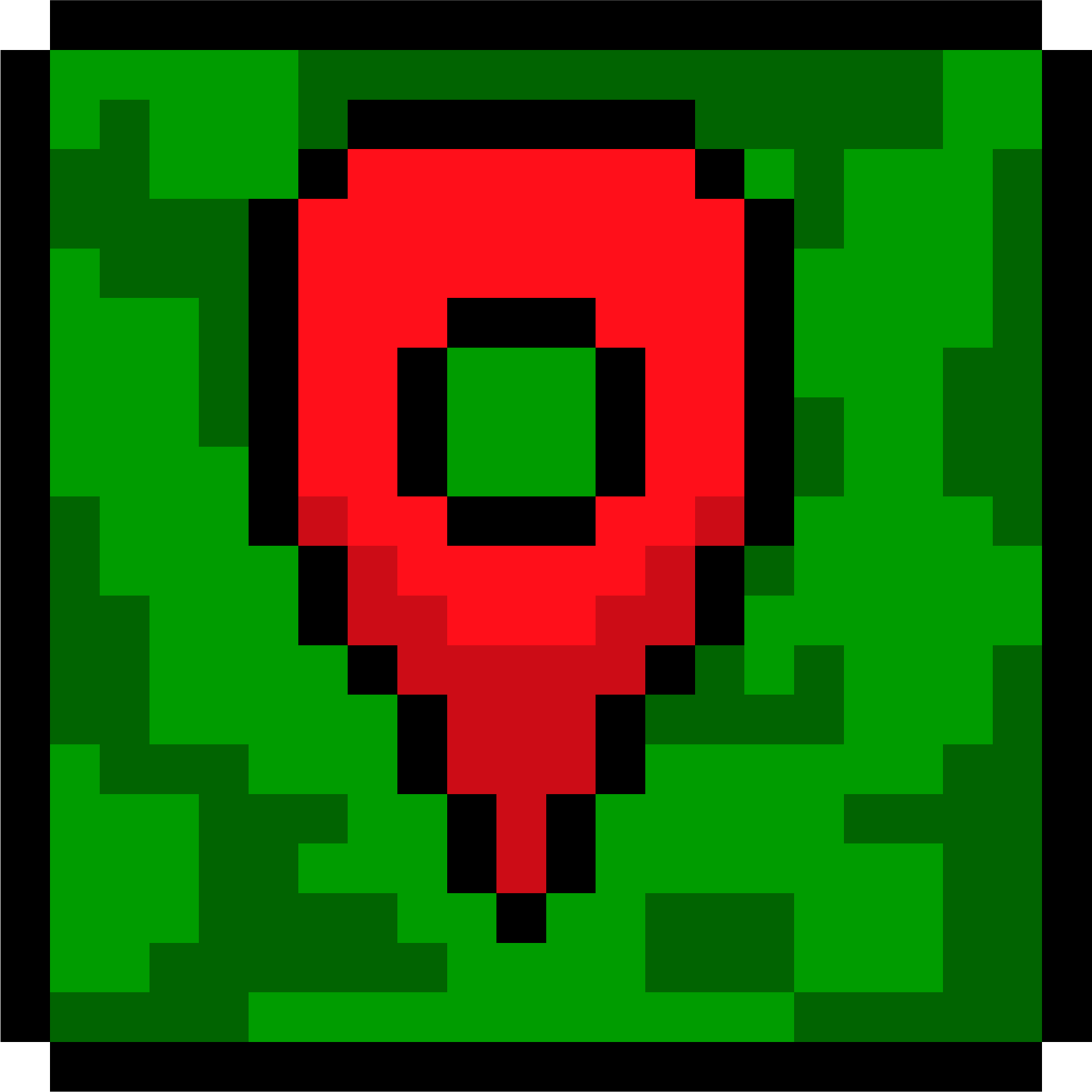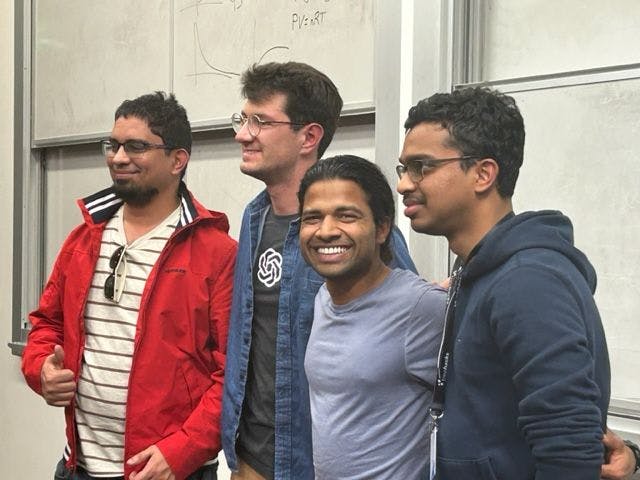946 reads
Going Beyond the Prize: From Hackathon Judge to Impact Driver
by
March 1st, 2023
Audio Presented by

Natacha writes on emerging technologies, including blockchain and Web3. @r_strategic
Story's Credibility

About Author
Natacha writes on emerging technologies, including blockchain and Web3. @r_strategic
